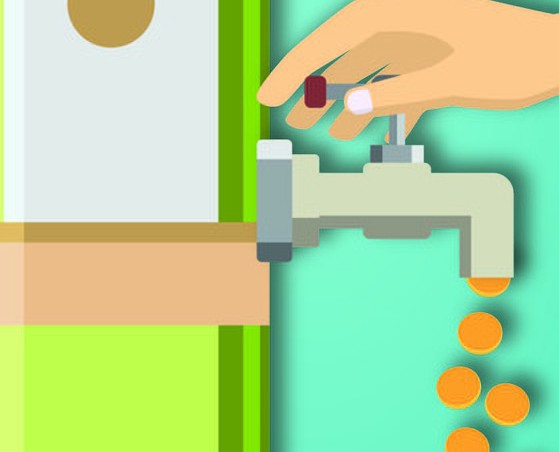
HMRC receipts from ‘sin taxes’ continue to fall
Tax revenues from so-called ‘sin taxes’ levied on alcohol, tobacco, gambling and sugary drinks have fallen to 3.1% of total UK tax receipts, according to HMRC figures for 2022-2023.
This figure stood at 4.4% of total tax receipts in 2013-2014, since when total tax receipts have risen by 61.4% (to £812.6bn), while ‘sin tax’ receipts have increased by only 14% (to £25.2bn).
Within the alcohol categories over that same period, receipts from spirits duties have increased from £3.1bn to £4.2bn, with wine edging up from £3.8bn to £4.5bn, beer up from £3.4bn to £3.6bn and cider dipping from £0.3bn to £0.2bn.
- Read more: Alcohol duty rises impact inflation
Commenting on the figures, accountancy group UHY Hacker Young said that while overall ‘sin tax’ revenues had risen by 14%, with “inflation estimated at 32% in the period up to October 2023, the total ‘sin tax’ take has fallen in real terms”.
Furthermore, acknowledging that changing consumer habits continue to move towards healthier lifestyles, UHY Hacker Young partner Nikhil Oza added that “we’re likely to see these consumption trends continue to decline”, with further impact on the amount of revenue HMRC will collect from categories such as alcohol.
The burden, according to the report, will likely be shifted to further taxation on earnings and company profits, not least as the 2023 autumn statement announcement that alcohol duties would increase by 10.1% and tobacco by 2%, "is set to boost ‘sin tax’ receipts in the short term, but may further discourage consumption of alcohol and tobacco in the long term".
Oza added: “The government raised duties only a few months ago, but it’s unlikely to be enough to reverse the long-term decline in the overall ‘sin tax’ take.”
Moreover, looking at the tax receipt figures for the past decade, duties raised from wines, spirits and beers have all but plateaued (aside from a high in the lockdown period of 2020-2021). This, in turn, suggests that government duty rises on alcohol are now beginning to backfire in terms of revenues for the Treasury following those recent swingeing duty rises, and with more to come in early 2025.
With alcohol duty set to increase by up to 30% on some products if those proposals go ahead, industry body The Wine & Spirit Trade Association (WSTA) has been calling on businesses and consumers to lobby their MPs to help overturn a new system of calculating alcohol duty according to 0.5% incremental increases in strength, which it says will place "a significant financial burden on the wine and spirit sector”.
More details of the WSTA’s Alcohol Duty Review campaign can be found here.




